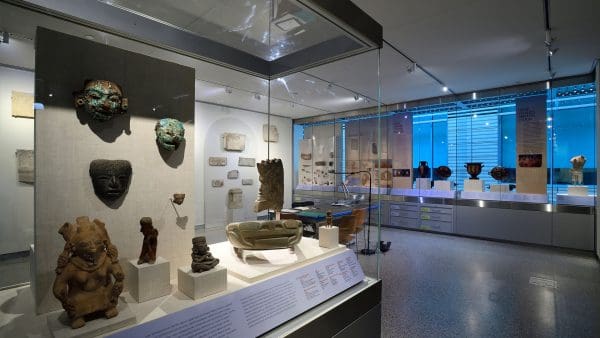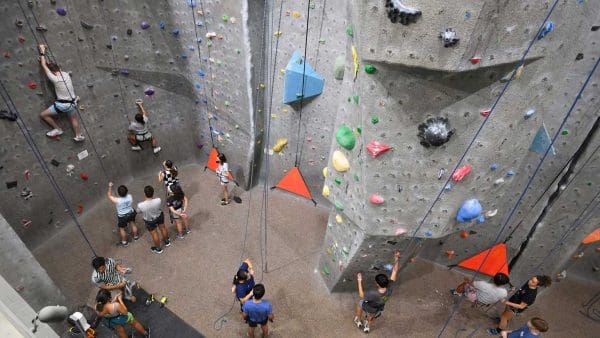
Araceli Frias was named assistant dean for diversity, equity, and inclusion at the Krieger School last January. She was previously assistant dean for diversity in the Graduate School at the University of Utah. Frias earned bachelor’s and master’s degrees from Eastern Washington University in psychology, and a PhD in education with a specialization in cultural studies and social thought in education from Washington State University.
What is your role, broadly speaking?
I help shape the campus-wide effort to recruit, retain, and support a diverse faculty, postdoctoral staff, and undergraduate/graduate student body. My work has involved asking a lot of questions and reviewing school-level data to understand where we stand across those domains and to identify need for new/improved initiatives, practices, or policies. This year we are re-launching the department diversity action plans and I am providing guidance to our department diversity champions in this effort. I am also a partner in advancing Johns Hopkins’ Roadmap on Diversity and Inclusion.
What are your top priorities for DEI at the Krieger School?
Building relationships with Krieger faculty and campus partners; streamlining the efficiency of our faculty hiring process; and making sure department diversity champions and others have the resources and training they need. The diversity champions are my go-to partners, and I’ve been learning about their particular goals, challenges, and needs, and the ways faculty hiring happens differently in different fields.
How does your office work with students?
I develop programming and community-building opportunities with Krieger fellowship awardees, including the Kelly Miller, Nathaniel Boggs, and Beverly Wendland fellowships. I ensure graduate students are aware of new initiatives that are rolling out, such as the Alumni Leadership Mentoring Program for underrepresented PhD students and the Graduate Ambassadors Program. I also connect with undergraduates when I recruit at graduate school fairs or host on-campus visits.
What is important for people to know about the field of DEI?
The work is massive and it is a shared responsibility. Everyone has an opportunity to think through ways to incorporate a DEI lens into their work. It requires humility, reflection, an interrogation of our beliefs, and acknowledging that we all have blind spots. Additionally, we must have a commitment to our self-education and growth. Some may think DEI practices or recommendations are just opinions and ideas, but they’re not. It’s a specialized field informed by research and there are best practices and standards that are adhered to.
In your first few months, what stands out to you about the Krieger School?
Dean Chris Celenza’s leadership, and his championing of DEI. To be effective, DEI officers need to be in spaces where the higher leadership embodies DEI values.




